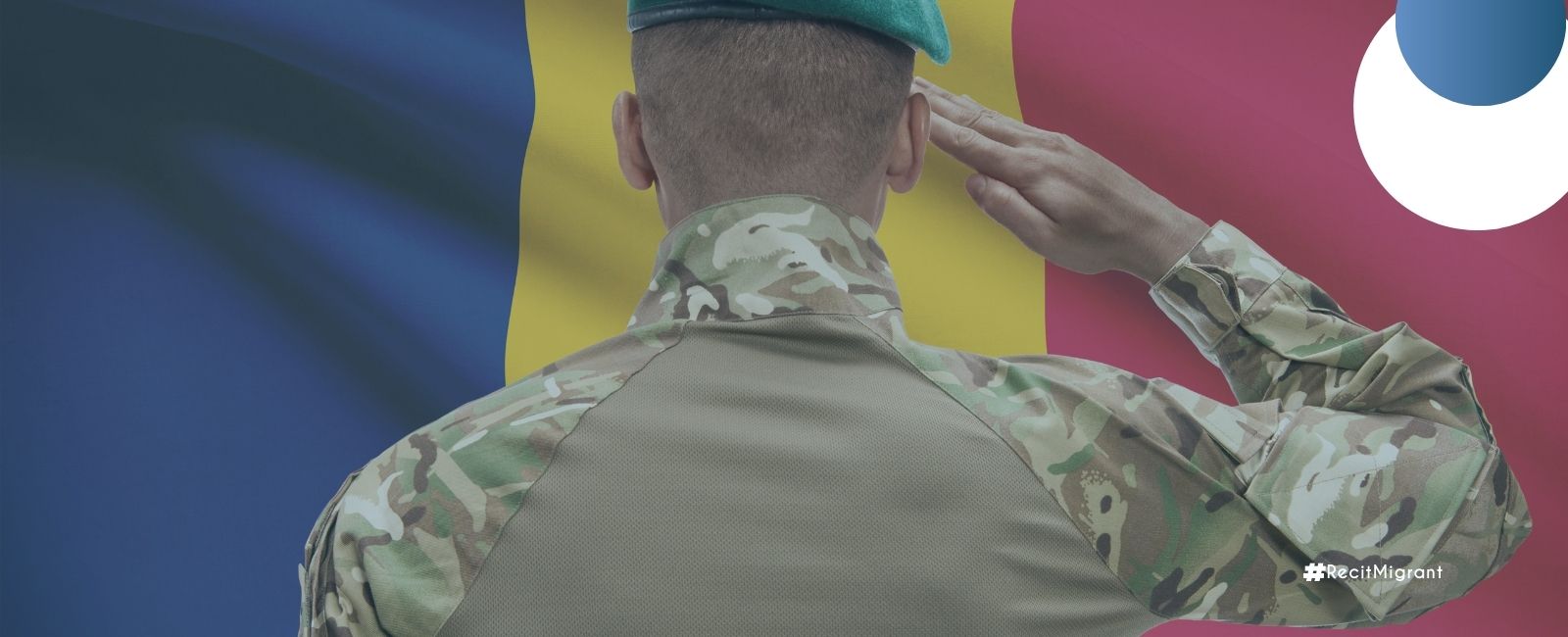

The Chadian community in Burkina Faso marked their country’s 65th independence on August 11th by donating two tonnes of cement to the ‘Faso Mêbo’ presidential initiative that President Captain Ibrahim Traoré in October 2024 The initiative aims to accelerate the country’s development and transform the face of major cities by enhancing their appearance, sanitation and urban infrastructure.
Mahamat Saleh Adoum, Chad’s ambassador to Burkina Faso, Togo and Benin, led the community in delivering the cement, as well as packs of water and sandwiches for the workers to the Faso Mêbo site.
This gesture symbolises the solidarity and brotherhood between the Burkinabé people and the Chadian diaspora, which is estimated at between 4,000 and 5,000 individuals in Burkina Faso. It is a response to the call of the President of Burkina Faso under the ‘Faso Mêbo’ initiative, and it reflects the gratitude of the diaspora towards their host country. Ambassador Mahamat Saleh Adoum emphasised that Burkina Faso has played a pivotal role in facilitating Chadian education.
He also highlighted another strong bond between the two nations: eleven cities in Chad and Burkina Faso have the same names, which is a testament to their deep-rooted ties.
For Yves Yangalbé Kagonbé, president of the Chadian community in Burkina Faso, the donation represents more than just material support. It represents a true act of brotherhood and friendship between the two peoples.
In keeping with tradition, donors actively participate in the work when making contributions to Faso Mêbo. Following the official handover, members of the Chadian community rolled up their sleeves and got to work mixing cement, making paving stones and collecting sand. Wearing protective vests and helmets, they worked to the rhythm of music from their homeland and host country.
The tradition of making donations on 11 August, Chad’s Independence Day, is now firmly established. Last year, for instance, an orphanage received food and various supplies.
Chad gained independence on 11 August 1960, with Ngarta Tombalbaye as the nation’s first president.
Recently Published
Subscribe to our newsletter!
Quick Links


